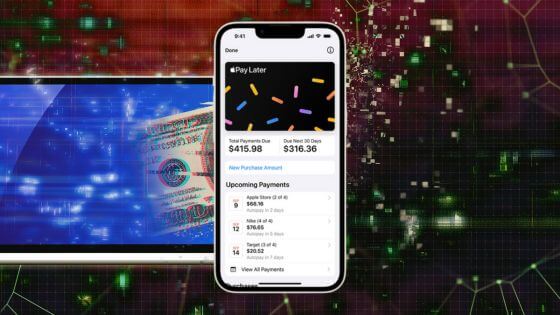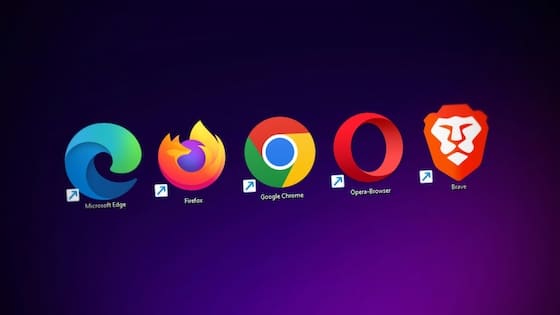Apple Pay Later, Apple’s new buy now, pay later (BNPL) service, launched in the U.S. this week, marking the company’s first major foray into the increasingly-competitive fintech space. The service allows consumers to split purchases into four payments over six weeks with no interest or fees. It’s available for online and in-app purchases, and it can be used with Apple Pay.
The launch of Apple Pay Later is being seen as a challenge to traditional banks and credit card companies. It’s the latest in a string of moves by Apple to expand its financial services offerings, following the launch of Apple Card, a credit card, and Apple Cash, a mobile payment service. However, unlike those other offerings, Apple Pay Later has the potential to shake up the retail space, as well.
Among those retailers most likely to be impacted, the reaction has been decidedly mixed.
By making it easier for consumers to make expensive purchases without having to worry about interest or fees, Apple Pay Later will certainly help retail sales. It could also help retailers attract new customers.
While some retailers are welcoming the launch, and see the service as a way to boost sales, others are concerned about potential downsides, like an increase in fraud or chargebacks.
“The news that Apple is launching their buy now, pay later service in the U.S. offers retailers an opportunity to grow their market and increase their bottom line,” says Jennifer Stevenson, senior product director of marketing at Uberall, a company that provides hybrid customer experience solutions.
Retail sales decreased by .4% in February, partially due to reluctant spending amid inflation and an overall murky economy. Stevenson says Apple’s new service will offer businesses an opportunity to win over the “cautious spender,” now that they’ll have the option to pay for goods and services over time.
“It will also enable companies to prioritize marketing for their luxury and higher priced items now that a great portion of their target market may be able to afford them,” Stevenson says.
The debut of any new service on this large of a scale comes with plenty of unknowns. If Apple Pay Later works too seamlessly, it could lead to consumers making purchases without fully understanding the terms and conditions. That has the potential to lead to higher rates of returns and chargebacks, which have become the thorn in the sides of many major retailers.
Retailers Look to Mitigate the Risks
Already, retailers have started to mitigate the risks that come along with BNPL by launching targeted marketing programs and posting messages on their websites meant to educate consumers about fraud and chargebacks. Some stores are introducing signage at the checkout to better inform customers about how BNPL services work, as well.
Experts recommend that retailers monitor fraud and chargeback rates closely, and say that if those rates start to increase, they should take steps to identify the source of the problem and take steps to mitigate it. Retailers could also consider offering a wider variety of payment options with targeted discounts as a way to make it less likely that customers will use Apple Pay Later.
Stiff Competition in BNPL
Firms like Affirm and Klarna were already in a fierce battle for market dominance before Apple entered the fray, so it should come as no surprise that those companies are less than thrilled about the launch of Apple Pay Later.
Digital ad spend from Affirm, Klarna, AfterPay, and PayPal as a collective group increased by 130% in 2021, totaling more than $52 million, according to research by the advertising intelligence firm MediaRadar. Despite that, established players are still at a disadvantage, since Apple Pay Later is being built-in into Apple’s Wallet app. Apple’s existing name recognition should give it an advantage against the competition, as well.
Apple Pay Later also faces some challenges. Unlike some of its competitors, Apple Pay Later is only available in the U.S., which limits its reach, at least initially. It’s not yet clear how Apple will handle late payments or defaults and how those decisions would impact retailers or consumers.
Whereas competitors like Affirm have inked partnerships with national retail chains like Target and Amazon, Apple has yet to announce any similar deals.
It’s clear that Apple Pay Later has the potential to shake up the BNPL market, but it might be too soon to know how the space will shake out and which companies will still be standing in the end. For now, it’s clear this is a market worth keeping an eye on.



